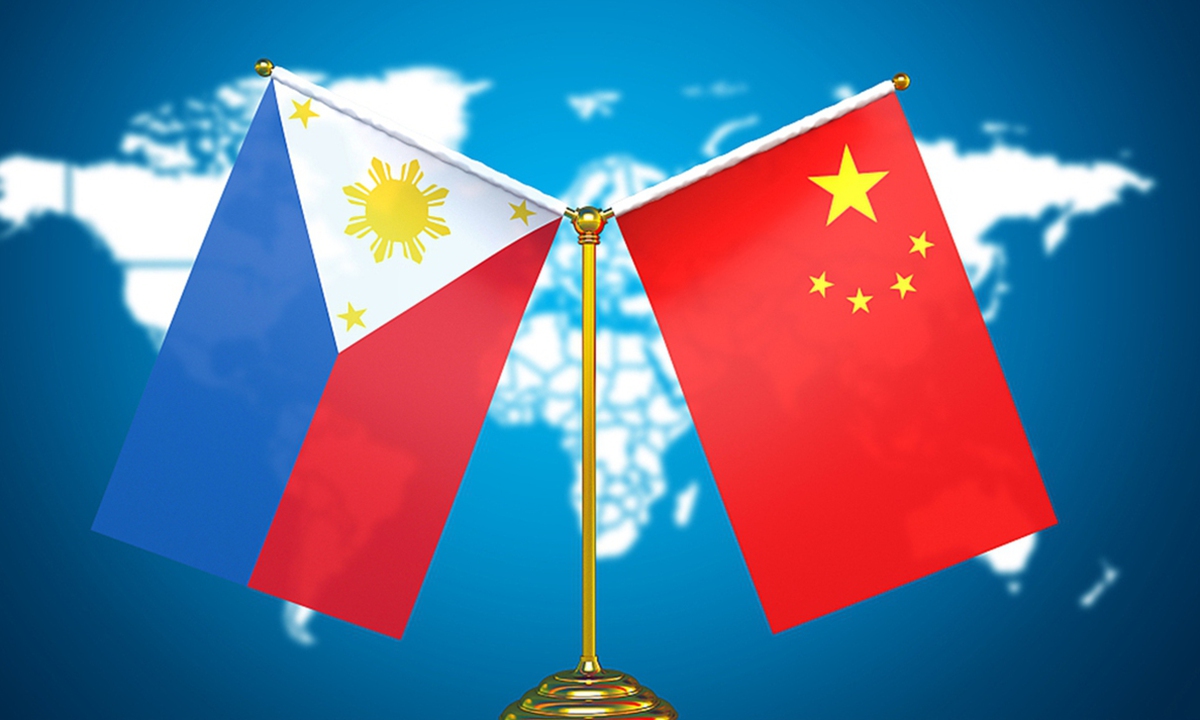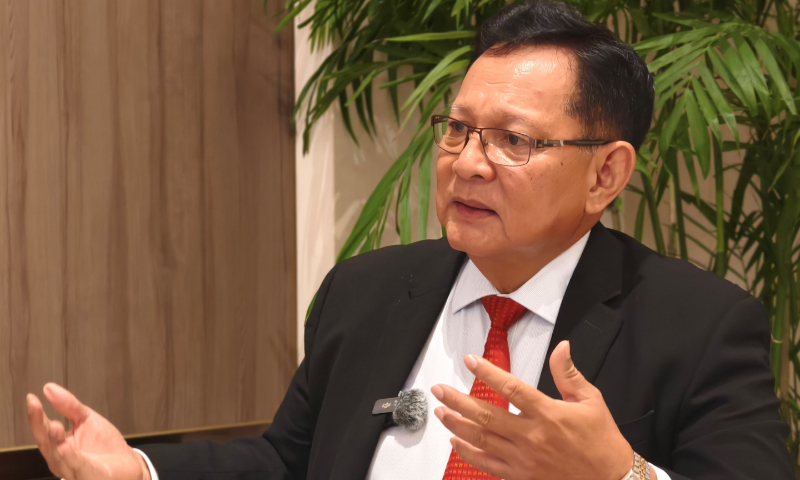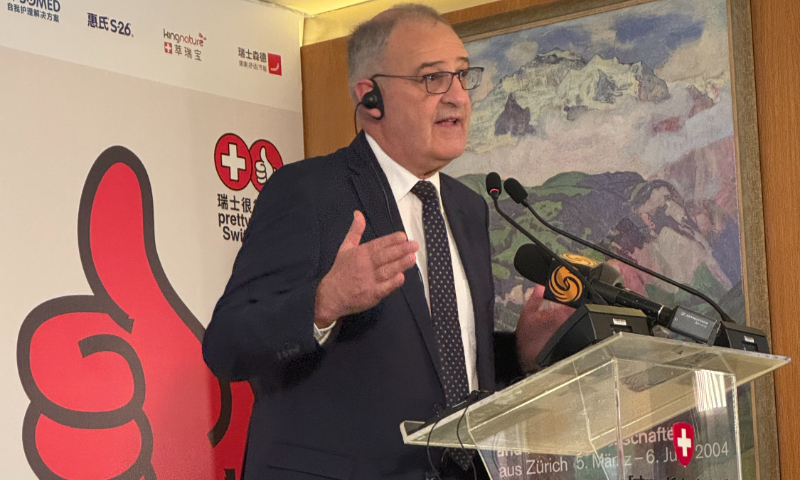IN-DEPTH / IN-DEPTH
Filipino groups call for de-escalation of tensions with China, expressing concerns over dampened trade and investment enthusiasm

Photo: VCG
The current tensions between China and the Philippines have become "increasingly concerning," with the "potential to unnecessarily escalate into a crisis that could destabilize the economic development trajectory of the Philippines, China, and the broader Asian region," warned Cecilio K Pedro, President of the Federation of Filipino Chinese Chambers of Commerce and Industry Inc (FFCCCII), in a recent interview with the Global Times.As a representative of the business sector, he expressed a clear worry that the current situation has significantly hindered investor confidence and morale in the Philippines, calling for peace and dialogue to resolve disputes.
Amid the worsening maritime dispute between China and the Philippines, a coalition of 33 Chinese-Filipino business and civic organizations, led by the FFCCCII, appealed for a de-escalation of tensions in the South China Sea in late June, urging that these issues be addressed through diplomatic channels and constructive dialogue.
The joint statement appeals to the governments of the Philippines and China "to consider paths that will safeguard the peace, order, and safety of both countries and [their] peoples."
"Instead of strife, let us choose harmony. Instead of conflict, let us choose stability. In these tumultuous times, with rising tensions in other parts of the world, let us not risk the unity that has prevailed in our Asian region for hundreds of years," read the statement.
Pedro warned of the impact of the heightened tensions on existing businesses as well as potential future investments in the Philippines.
"The ongoing tensions and disputes in the contested sea areas, coupled with heated rhetoric between certain groups in our two countries, have significantly impacted investor confidence and morale. This environment of uncertainty has adversely affected, not only the investment and expansion plans of us Filipino entrepreneurs and companies, but also those of foreign investors and tourists. Businesspeople, irrespective of their nationality, require stability and predictability to feel confident in taking calculated business risks and pursuing investment opportunities," he told the Global Times.
China remains the Philippines' largest supplier of imported goods and fourth-largest export destination as of April 2024, according to the Philippine Statistics Authority (PSA), the Xinhua News Agency reported.
Pedro believes there is a strong desire for de-escalation in the Philippines. "I believe the vast majority of Filipinos, particularly those of us in the business sector, are deeply invested in upholding peace and stability to ensure unimpeded and sustainable economic development. The Filipino people are inherently peace-loving and collectively desire a peaceful settlement of territorial disputes with China, Vietnam, Malaysia, and other neighboring countries,"
"As a member of the ASEAN, the Philippines supports regional peace, consensus, and stability. For the Filipino people and our national interests, maintaining long-term peace and stability is paramount," he added.
The call for de-escalation came after a series of provocations made by the Philippines in the last two months in the South China Sea.
"As businesspeople, we earnestly hope that our government leaders will craft a foreign policy that advances the Philippines' economic and strategic interests while fostering amicable relations with all our neighbors, especially China," Pedro appealed. "China, being our largest trade partner for centuries and our traditional ally in the past including during World War II, plays a critical role in our economic life. We advocate for policies that promote continued cooperation and mutual benefit between the Philippines and China, ensuring that our country remains a valued economic partner and friendly ally to China," he said.
The business group leader also emphasized the importance of dialogue and harmony over conflict and highlighted the long-standing cultural and economic ties between the two nations, urging both sides to refrain from actions that could further inflame the situation.
"We value the friendly relations between our countries that span generations. We are connected by cultural affinities, family ties, and substantial economic partnerships. Together we endured the trials of World War II and remained allies in many ways. Our nations have consistently showcased the manifold benefits of mutual respect. As such, we implore both sides to refrain from actions or declarations that will only fuel the already precarious situation," said the president.




